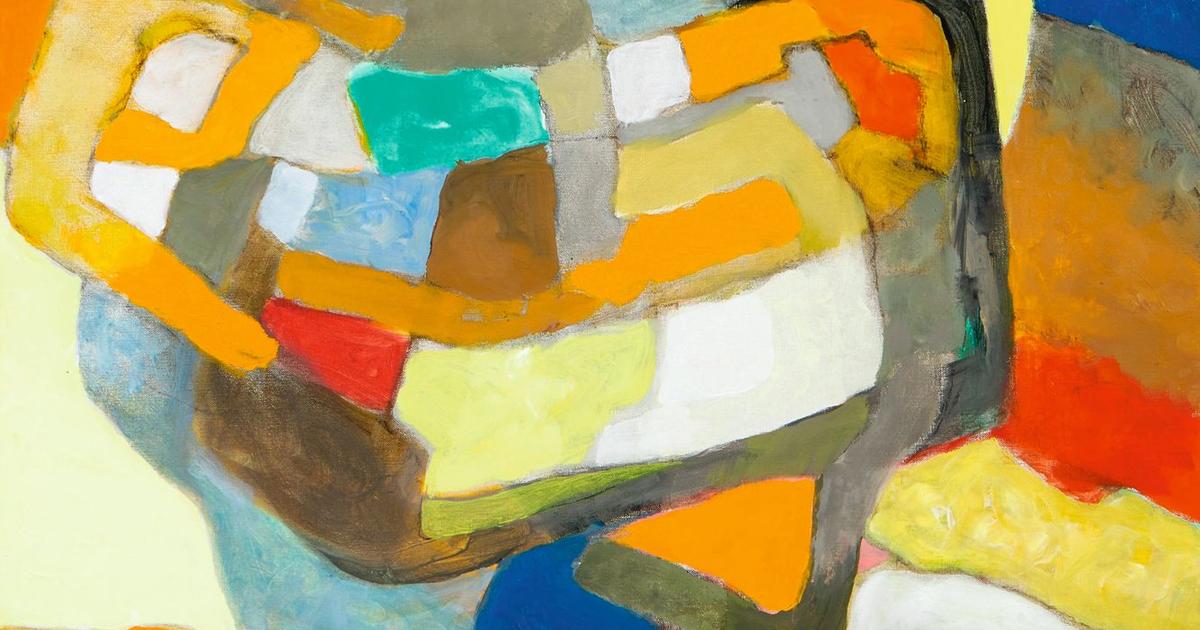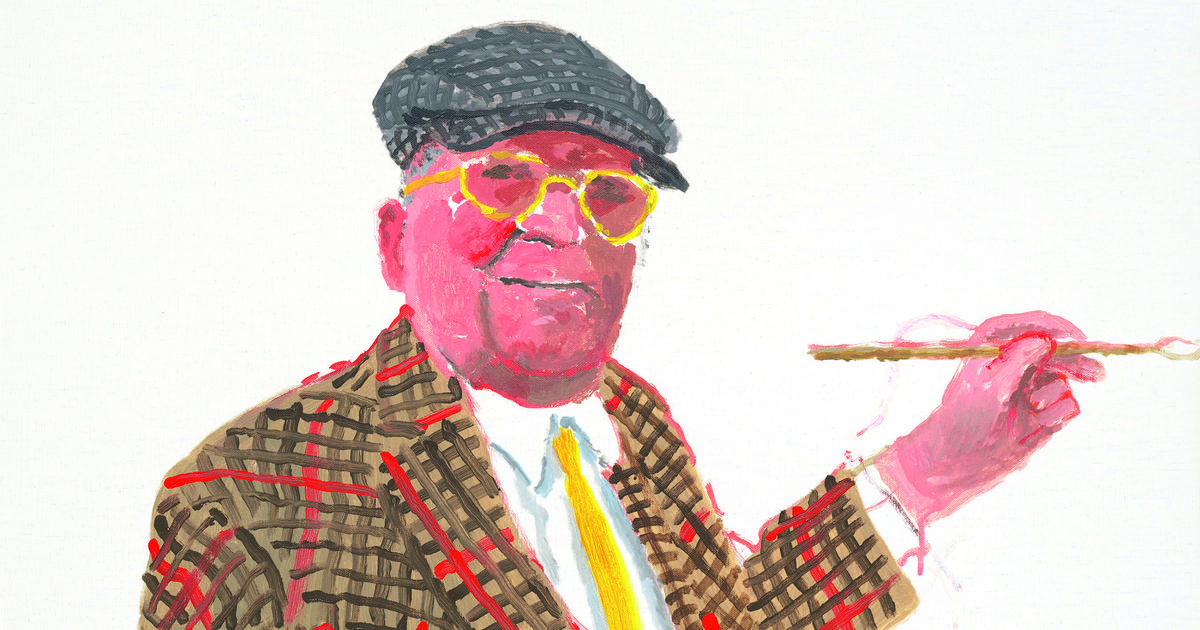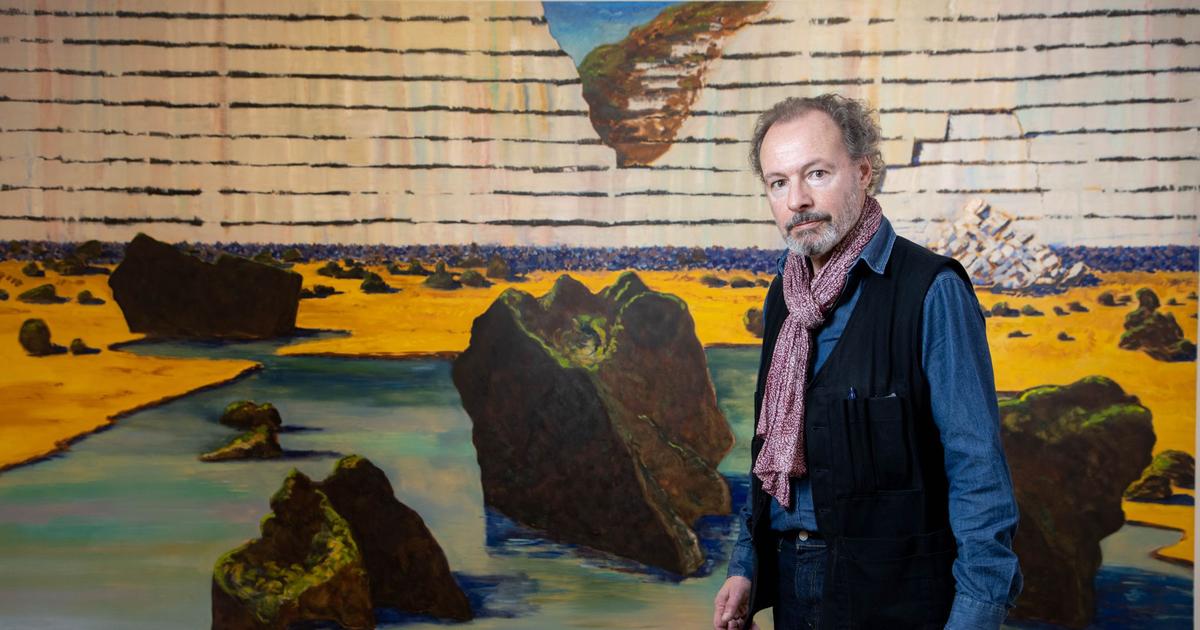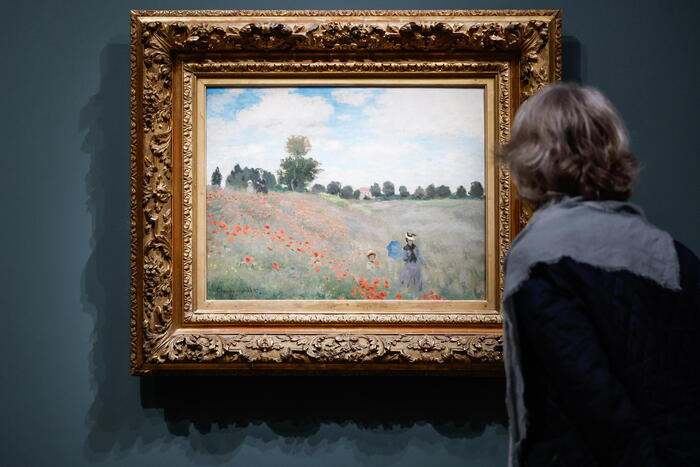December 1922, fortune made by the marketing of a drug against certain attacks of syphilis, the doctor and great American collector Albert Coombs Barnes made his shopping in Paris.
During two weeks Paul Guillaume, a merchant of African sculptures and very insightful modern paintings, is going to hound him in his art purchases.
In particular, for the fabulous Barnes Foundation in Philadelphia - a museum set up personally by the tycoon and of which, according to its will, no installed work can be loaned -, the acquisition of 54 oils, all executed by a near-unknown, Chaïm, will result from this in particular. Soutine (1893-1943).
Is the most important ensemble of this artist in the world.
To read also
Larry Gagosian: "I believe in Paris, city of museums and culture"
Aware of the manna generated by this Lithuanian Jew, hitherto starving in the cosmopolitan bohemia that will later be called the School of Paris, Guillaume has drawn most of his paintings from his original gallery owner, a certain Léopold Zborowski, a broker who was a little too poet.
Then,
This article is for subscribers only.
You have 80% left to discover.
To cultivate one's freedom is to cultivate one's curiosity.
Continue reading your article for € 1 the first month
I ENJOY IT
Already subscribed?
Log in









